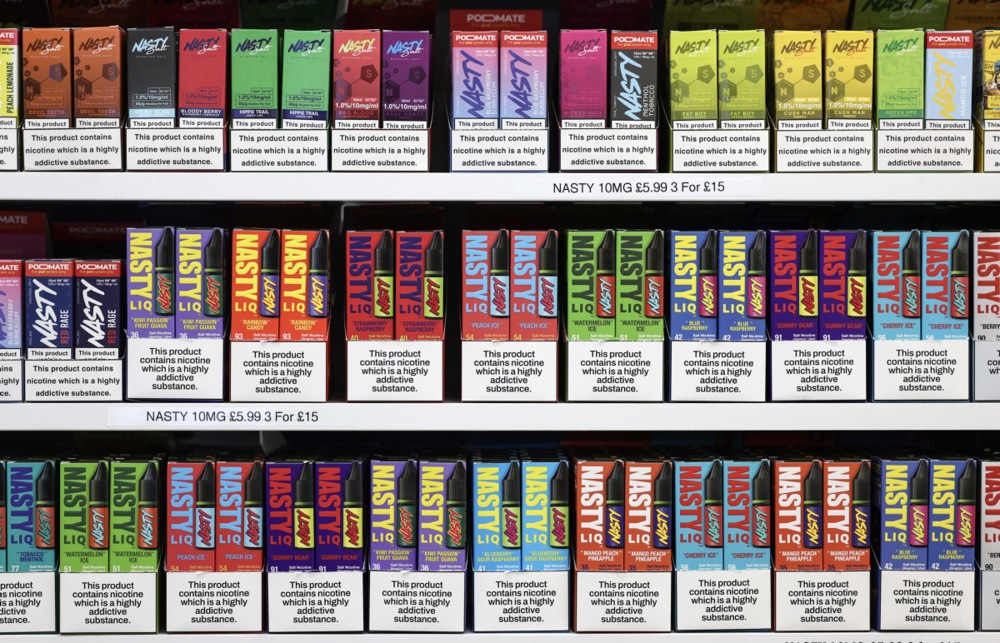The European Union will not participate in a vote on a revised treaty at the WHO Framework Convention on Tobacco Control (COP11) in Geneva, Switzerland this month.
The decision, following strong internal disagreement between member states, marks a significant public fracture in EU health policy. It has been attributed by insiders to the hardline stance on tobacco taken by the European Commission.
The COP11, running from November 17 to 22, brings together representatives from 183 countries party to the World Health Organisation’s Framework Convention on Tobacco Control (FCTC), the world’s first public health treaty adopted in 2003.
For a while now, the EC has signalled it wants to pick up the fight against smoking and everything remotely related to it. It wants to not only ban smoking but all tobacco-based products, including those used by people who want to give up, smoke less or avoid the worst aspects of smoking.
In reaction to criticism from member states, Brussels had already softened its tone on smoking products in late October but apparently this was not enough.
COP11 wants to review progress and negotiate updates on issues such as product regulation, illicit trade and emerging nicotine alternatives such as e-cigarettes and heated-tobacco products.
At stake are decisions on Articles 9 and 10 of the convention, which govern the regulation of tobacco contents and emissions disclosure, provisions deferred from the previous COP10 in Panama last year due to similar consensus failures.
The EU’s abstention stems from months of failed negotiations under the Danish Presidency of the Council of the EU.
Despite intensive diplomatic efforts, member states remain split into two broad camps: In the first are “progressive voices” including France, Ireland and Finland pushing for “ambitious” measures, such as potential bans on flavoured nicotine products, stricter plain-packaging rules and prohibitions on filters.
In the second camp are more “cautious” nations such as Germany, Greece, Sweden and several eastern European states, all advocating restraint to protect consumer choice, economic interests in tobacco farming and processing and the role of harm-reduction tools including vapes.
Countries that have adopted harm-reduction policies report steep declines in smoking.
A leaked EU draft position paper from October 7 highlighted these tensions, proposing “strong regulation or potential bans” on vapes, heated tobacco and nicotine pouches.
This alarmed harm-reduction advocates and prompted backlash from industry-linked groups.
Swedish Finance Minister Elisabeth Svantesson has come out aggressively against Brussels’ new Tobacco Tax Directive, calling it “completely unacceptable”. https://t.co/3PviVi2n24
— Brussels Signal (@brusselssignal) July 10, 2025
Experts noted that overly broad restrictions could drive users back to combustible cigarettes or to underground markets, undermining public health gains.
The Danish council presidency conceded the impasse in a statement noting it had proposed a “landing zone” compromise but found “diverse positions” too entrenched to bridge.
This is not the first time internal discord has hamstrung EU action at FCTC meetings; similar divisions surfaced at COP10, where new product regulation stalled.
Advocacy groups such as the NCD Alliance hailed COP11 as a “critical moment” for accountability and warned that diluted EU input could embolden tobacco industry tactics. They pointed to recent accusations by Politico of astroturfing campaigns flooding EU consultations with fake anti-tax responses.
Astroturfing a coordinated effort to create the false impression of widespread, spontaneous grassroots support (or opposition) for a product, policy, politician, company, or idea.
Harm-reduction advocates, such as the World Vapers Alliance, celebrated the EU’s failure to unify as a “win for consumer choice”, arguing it preserves space for evidence-based policies over ideological bans.
🇪🇺BREAKING: The EU fails again to reach a common position ahead of the WHO COP11. Some member states seem to resist the ‘forward-looking measures’ that could impose further restrictions on nicotine products. We applaud their stand for consumer choice.https://t.co/AZ5C2FGB34
— Michael Landl (@LandlMichael) November 13, 2025





